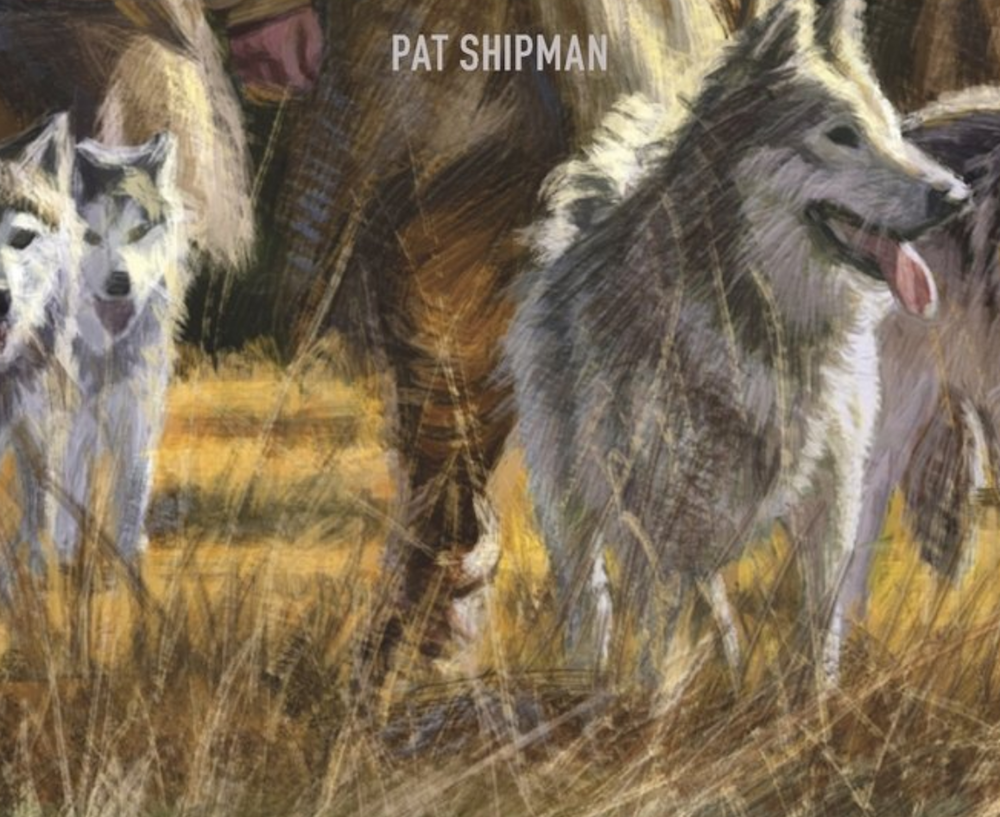Of stones, bones, and wolf-dogs
In Pat Shipman’s recent book, The Invaders (Harvard University Press, 2015), she argues that our last close relative, the Neanderthals, were driven to extinction not solely by climate change – though that played its part – but by the incursion of an invasive species: homo sapiens. We modern humans – the invaders of Pat’s title – completely changed the ecosystem when we arrived in Eurasia between 45 and 50 thousand years ago and made life much tougher for our Neanderthal cousins. One of our critical advantages, Shipman believes, may have been that we domesticated the wolf as a hunting companion much earlier than previously thought, as early as 32,000 years ago.

